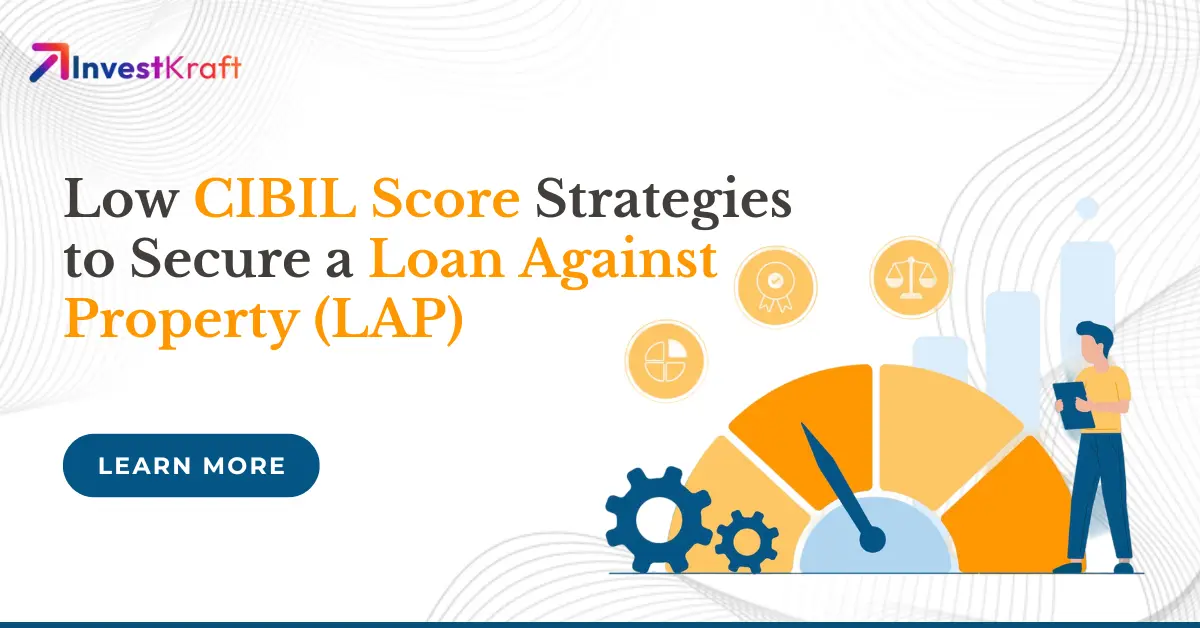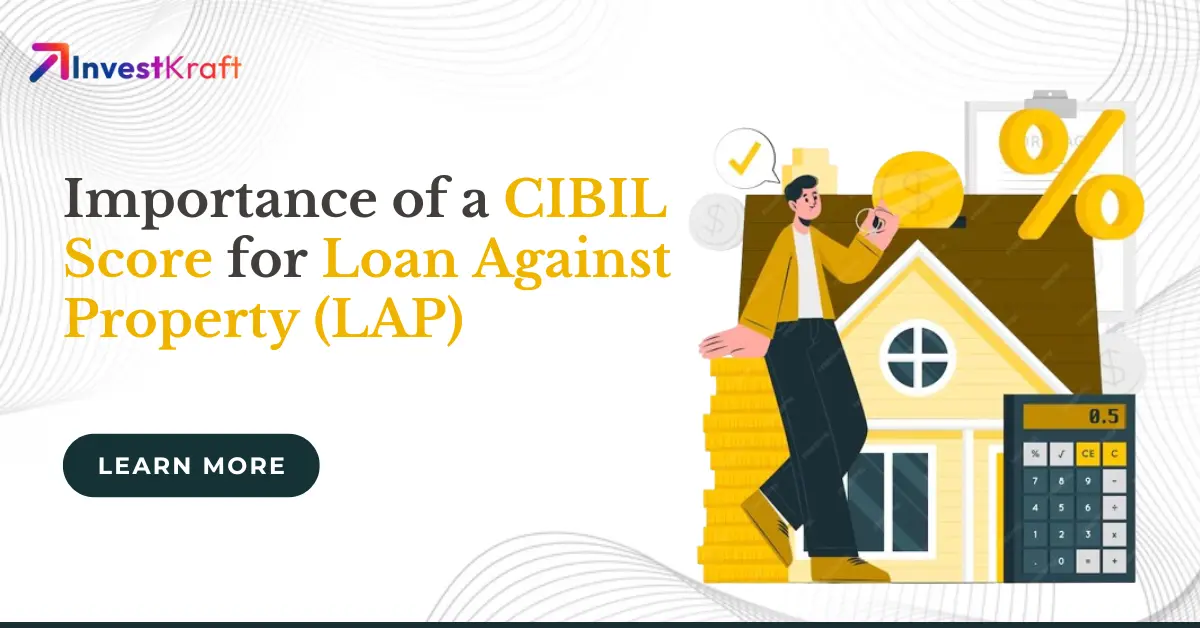Is a Loan Against Property a Legal Loophole to Escape Alimony?

Speculations about the potential divorce of Indian cricketer Hardik Pandya and Natasa Stankovic have spurred discussions about financial settlements, specifically regarding the possibility of using a loan against property (LAP) to escape alimony or spousal support. Although the couple has debunked all the break-up rumours with Natasa’s Instagram posts from their wedding ceremony, the topic has garnered quite the attention. Many were curious about whether a LAP could offer a loophole for avoiding financial obligations in cases of divorce.
The article provides an in-depth analysis of the intricacies surrounding alimony, including the legality of utilizing LAP loans as a financial tactic in divorce situations. It delves into the methods courts utilize to determine alimony awards, the various factors that impact these decisions and the legal implications of manipulating assets through loans.
Loans against a property (LAP) are not a guaranteed solution to avoiding alimony payments, despite popular belief. It is important to understand the complexities involved and seek advice from credible legal sources to gain insight into the true impact of LAPs on alimony settlements.
What is Alimony in the Indian Context?
Alimony or spousal support is a legal requirement for one spouse to financially support the other after a divorce or separation. It aims to assist the financially dependent spouse in maintaining a comparable standard of living to what was experienced during the marriage.
In India, the law includes provisions for alimony and maintenance in the context of divorce and marriage dissolution. These provisions are covered under various personal laws that apply to different religious communities.
- Hindu Law: Hindu law includes the Hindu Marriage Act of 1955 and the Hindu Adoption and Maintenance Act of 1956. These laws apply to Hindus, Buddhists, Jains and Sikhs. They encompass provisions for the payment of alimony and maintenance.
- Muslim Law: In Islamic law, wives can claim maintenance, known as “Nafaqah”, from their husbands during and after marriage. The Muslim Women (Protection of Rights on Divorce) Act, 1986, also ensures that Muslim women have rights and are entitled to maintenance after divorce.
- Christian Law: The Indian Divorce Act of 1869, is the law that regulates Christian marriages and divorces in India. This law includes provisions for the payment of maintenance and alimony to spouses.
- Parsi Law: The Parsi Marriage and Divorce Act of 1936, is a vital legal framework that governs Parsi marriages and includes vital provisions related to alimony and maintenance. This act plays a critical role in regulating family matters within the Parsi community, ensuring that important issues such as financial support are appropriately addressed.
- Special Marriage Act: The Special Marriage Act of 1954 is a law in India that specifically addresses and allows for marriages between people of different religions and castes. This act also includes provisions for maintenance and alimony in the event of a divorce, ensuring financial support and stability for both parties involved.
Can You Briefly Explain the Different Types of Alimony?
After a divorce, alimony is typically awarded to one partner to provide financial support to the other spouse who may be economically weaker. The purpose of alimony is to help the recipient maintain their standard of living after the divorce. The specific type of alimony awarded varies depending on the details of each divorce case. Some common types of alimony include -
- Permanent Alimony: It is a form of financial support granted to a spouse after finalizing a divorce. This type of alimony is provided on an ongoing basis for an indefinite period, terminating only if the recipient spouse remarries or passes away.
- Temporary alimony: Also called pendente lite alimony, it serves as financial support for a spouse in need during the divorce proceedings. It is provided until the divorce is officially concluded, helping the recipient maintain their financial stability during this transitional period.
- Rehabilitative Alimony: It is granted for a specified duration, assisting the spouse in acquiring the necessary job training, education or programmes to achieve financial independence and self-sustainability.
- Lump-Sum Alimony: It is a one-time payment given to the recipient's spouse instead of regular payments. It is often used to assist the recipient's spouse in clearing debts or buying a new home.
- Reimbursement Alimony: It is awarded to compensate a spouse who made sacrifices to support their partner’s education, training or career advancement during the marriage. This type of alimony recognizes the contribution made by one spouse in enabling the other to improve their earning potential and seeks to provide some form of reimbursement for those efforts.
Which Factors Determine Alimony Awards?
The court considers several factors when determining the alimony amount such as -
- Both parties’ social status and living standard
- Family income and assets, including properties
- The husband’s dependents and liabilities
- Expenses for child/children’s education and upbringing
- Both parties’ health and age
- The duration of the couple’s marriage
- Both parties’ behaviour and conduct
How is Property Division Done During a Divorce?
You will get a fair idea of how property division is done in the event of a divorce from the pointers given below -
- The spouse who purchased the property, whether before or after the marriage, will retain ownership even after the marriage ends. The other partner will have no rights or claims to the property.
- In the event of a divorce or separation, both partners generally have equal rights to the property if they contributed equally to its purchase. This means that the property division should reflect their equal financial contributions. Both parties need to understand their rights and obligations regarding property division in such situations.
- If a husband purchases a property in his name and the wife takes care of it, it is generally assumed that both spouses have equal ownership rights, regardless of whose name the property is in.
- The property will be equally divided between the partners following their separation, ensuring a fair distribution of assets.
- As per Section 4 of the Benami Property Transaction Act, if a husband buys a property in his wife’s name, he cannot assert his ownership over the property.
What is the Underlying Theory of LAPs and Alimony?
Alimony payments depend on the financial capacity of the paying spouse and the support required by the receiving spouse. Although some individuals might think about using a LAP to lower their income for alimony payments, this approach is complicated and comes with substantial risks.
Here's a breakdown of the concept.
Borrowing money against the equity in your real estate through a loan against property results in a new monthly debt obligation consisting of interest and principal payments. As a result, your disposable income, which is your income minus essential expenses and debt payments, may be perceived as lower. This could have implications for the amount of alimony awarded by the court.
Can You Use a Loan Against Property to Escape Alimony Legally?
It is important to understand that using a LAP as a means to avoid alimony obligations is not a recommended approach. This strategy is unlikely to be successful and can lead to serious repercussions.
Here's why a LAP isn't a solution:
- Alimony Calculations: Alimony calculations are primarily determined by income, rather than assets. It is important to note that getting a loan would not decrease your income and is unlikely to impact the court’s decision on the amount of alimony.
- Debt Burden: LAP can be significant financial burdens as they could result in high monthly payments. These payments might restrict your capacity to fulfil other financial responsibilities, which could affect your ability to make alimony payments.
- Fraudulent Transfer: Taking out a loan with the sole intention of hiding assets and evading alimony payments is considered a fraudulent transfer by the court. Such actions can lead to legal consequences and potentially increased alimony payments.
- Impact on Credit Score: Taking out a large loan can significantly lower your credit score, resulting in difficulties securing future loans for important expenses such as buying a car or funding a home improvement project.
- Strained Relationship with Ex-Spouse: Deceitful tactics can harm your relationship further and complicate legal matters or hinder future communication about child custody and other important issues.
- Potential Tax Implications: Different types of loans against property (LAP) may have tax implications tied to the interest payments, which adds to the overall financial burden.
- Risk of Foreclosure: If you face difficulties in making loan payments due to unexpected events, there is a risk of foreclosure on your property. This could worsen your financial situation and may lead to selling the property at a loss.
Conclusion
This article discussed the complexities and misconceptions regarding alimony or spousal support in India, specifically focusing on the use of LAPs to evade financial responsibilities post-divorce. The speculation surrounding cricketer Hardik Pandya’s divorce settlement raised questions about the possibility of using a loan against property as a legal loophole to avoid paying alimony.
To ensure accurate information on alimony and property division in India, it is advisable to consult a reliable legal professional. Attempting to manipulate finances through LAP can lead to detrimental consequences such as financial penalties and potential property loss. It is best to seek expert guidance to avoid these risks.
Frequently Asked Questions (FAQs)
Q1: Can Taking a Loan on My Property Reduce Alimony Payments?
A: It's possible that taking out a LAP could decrease your apparent net worth, potentially impacting alimony decisions. The idea is that having more debt might make it seem like you have less income available. However, it's crucial to recognize that this tactic is not foolproof and comes with downsides.
Q2: Are There Better Ways to Manage Alimony Payments?
- Open Communication & Negotiation: Discussing a fair alimony settlement with your spouse can lead to a more cost-effective and less stressful outcome than opting for litigation. A collaborative approach to communication and negotiation can help both parties reach a mutually beneficial agreement, allowing for a more amicable resolution in a potentially challenging situation.
- Consulting a Financial Advisor: Consider seeking advice from a financial advisor who can assist you in comprehending the financial repercussions of various divorce outcomes and devising a comprehensive financial strategy for the future.
- Legal Counsel: Hiring a family law lawyer is crucial during a divorce as they can safeguard your rights and provide guidance on issues related to alimony.
Q3: What if My Spouse Already Has Significant Assets?
A: A lawyer can provide the assistance needed to assess whether your spouse's assets and high income can potentially affect the amount of alimony you are responsible for.
Q4: What if My Financial Situation Changes After the Divorce?
A: If your financial situation changes drastically after the divorce, like losing your job or facing a disability, you can request the court to modify your alimony payments. But there are specific criteria for such changes, so it's advisable to seek legal advice in these cases.
Q5: How Long Does Alimony Typically Last?
A: The duration of alimony payments is determined by factors such as the length of the marriage and the recipient spouse's potential for financial independence. Some situations may result in indefinite alimony, while in others, there may be a predetermined end date or termination if the receiving spouse remarries.
Q6: Are There Tax Implications for Alimony Payments and Receipts?
A: Yes, alimony does indeed have tax implications in India. Generally, alimony payments made by the paying spouse are tax-deductible, and the receiving spouse must declare them as taxable income. It's best to seek advice from a tax professional to understand the specific implications of your situation.
Q7: How Do Inheritance or Gifts Affect Alimony Calculations?
A: Inheritance or gifts received by a spouse during marriage or after separation may be considered separate property for alimony calculations. However, the impact of these assets can vary depending on factors like when they were received and if they were combined with marital assets. It is advisable to consult with a lawyer to understand how inheritance or gifts may affect your specific situation.
Q8: Can a Cohabitation Clause Affect Alimony Payments?
A: In India, a cohabitation clause in an alimony agreement terminates alimony payments if the receiving spouse starts living with a new partner. It is essential to seek legal advice due to variations in the specific wording and enforceability of these clauses.
Q9: I am a homemaker. Am I entitled to alimony?
A: Yes, homemakers can be entitled to alimony in India as courts recognize their financial needs after separation due to their contribution to the marital household. The duration and amount of alimony will depend on factors such as the length of the marriage, financial situation, and skills or education.
Q10: What if I am a man seeking alimony from my wife?
A: Although less common, men can also be granted alimony in India. The factors taken into account are similar to those for women. If you were financially dependent on your wife during the marriage and are unable to support yourself after separation due to factors such as disability or lack of job training, you may be eligible for alimony.
Disclaimer: The information provided in this article is solely for general informational purposes and should not be considered legal or financial advice.

Author: Abhik Das
Abhik Das is a versatile content writer with over 5 years of experience crafting engaging and informative content across diverse industries. His expertise spans the fields of ed-tech, pharmaceuticals, organic food, travel, sports, and finance.
Here's what sets Abhik apart:
Content Versatility: Able to adapt writing style and tone to suit various audiences and content needs.
SEO Proficiency: Creates content optimized for search engines, ensuring discoverability and organic traffic.
Deep Research: Conducts thorough research to ensure content accuracy and credibility across complex topics.
Engaging Storytelling: Captures reader interest with clear, concise, and compelling writing.
Abhik's diverse background empowers him to deliver insightful content across a wide range of subjects. Whether you're seeking engaging explainer pieces on the latest financial trends, informative guides to organic food choices, or captivating travelogues, Abhik has the expertise to craft content that resonates with your audience.








.webp)





.webp)
